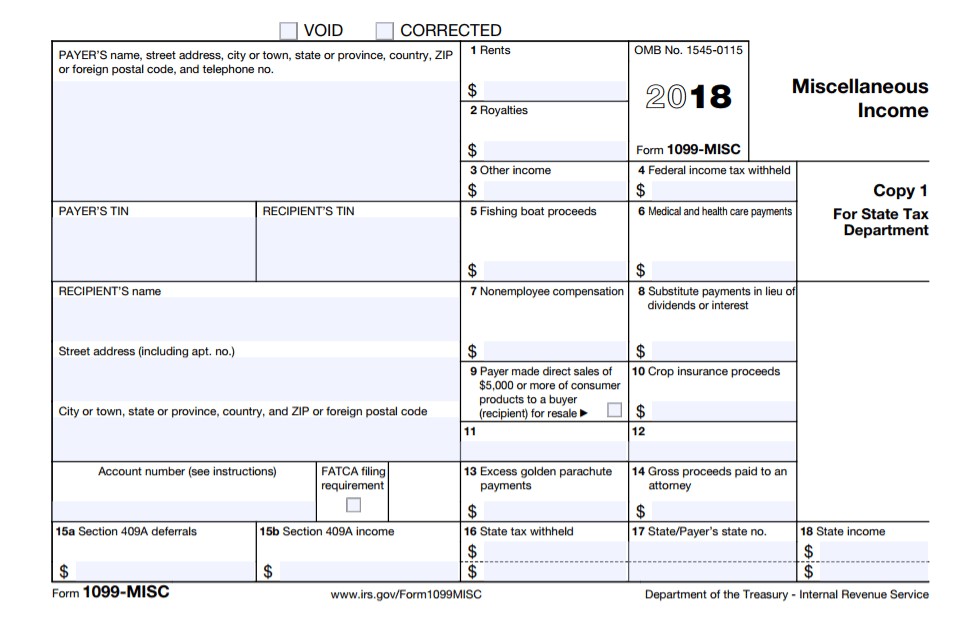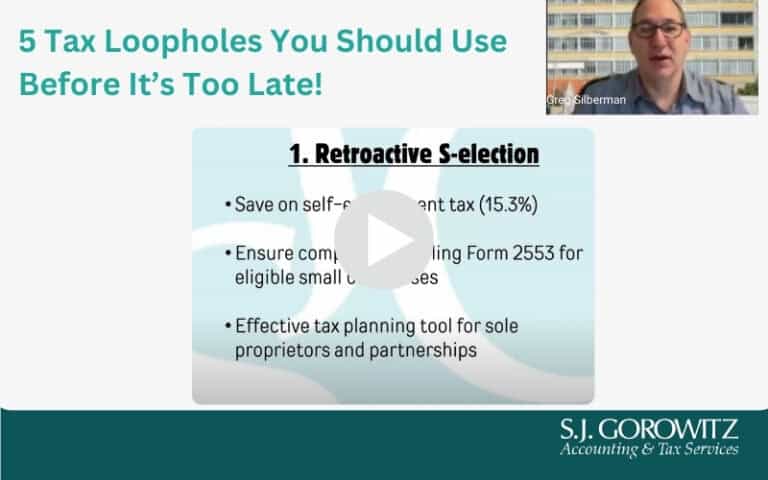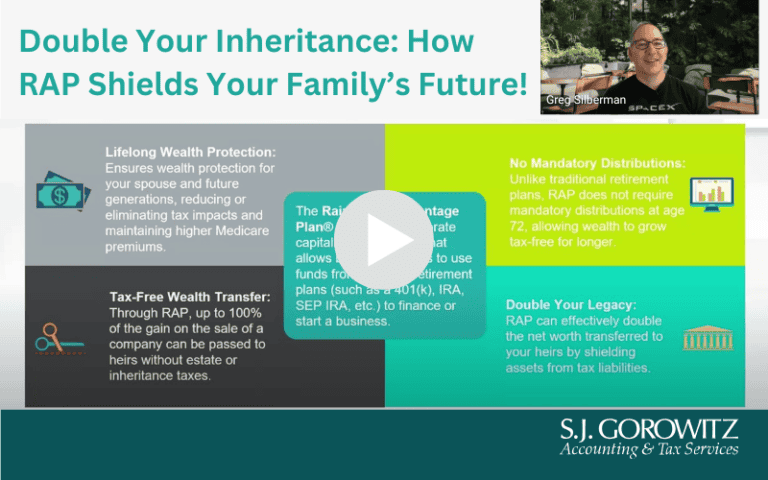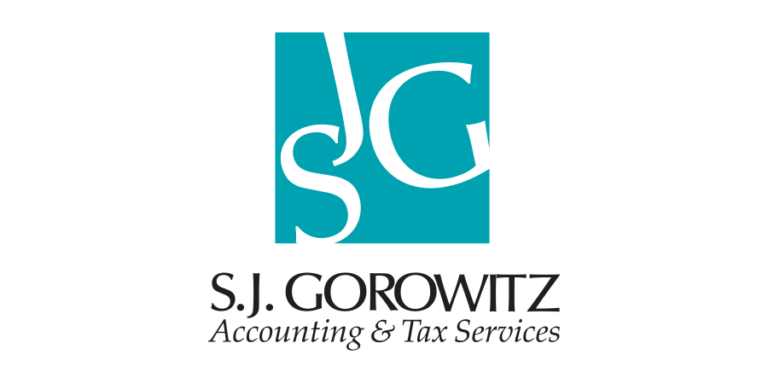An updated version of this popular article referencing 2020 forms is available for your reference here.
Although there are many types of information returns that businesses are required to file, the most common amongst our business clients is the Form 1099-MISC. The following summary describes basic rules to follow in order to file Form 1099-MISC for 2018.

What: Form 1099-MISC is the annual information return form that businesses use to report miscellaneous payments made to vendors or contractors including payments for non-employee compensation, rents and royalties.
When: If 1099s report non-employee compensation in box 7, 1099-MISCs are required to be prepared and sent to vendors by January 31, 2019, for both paper and electronic returns. The corresponding 1099s and summary Form 1096 is required to be submitted to the IRS by February 28, 2019.
Who: Who needs to be issued a 1099-MISC? Generally, you should include all vendors to whom you’ve paid $600 or more during the calendar year that are not incorporated. Your list likely includes individuals, partnerships, LLCs, LLPs and some corporate entities, including:
- Contractors
- Non-employees
- Rental payments for office space, equipment, or machinery
- Royalties paid in the amount of $10 or more
- Attorneys should be issued 1099s, regardless of whether the attorney/firm is incorporated or not incorporated.
Beware!! You do NOT include amounts paid to vendors via credit card in the totals reported on 1099s. The credit card companies will already be reporting this income to vendors.
Remember, this is a requirement that applies to businesses. If you make these or similar payments as an individual, not a business, you are not required to issue a 1099.
Why: Why are these forms required in the first place? The payments made to vendors are a tax-deduction to your business. By issuing 1099s, you not only verify your expenses but also help the IRS keep track of who received the income and match that to their income tax returns.
***Penalties apply- If the rule requiring that you file 1099s is not compelling enough to earn your attention, be aware that stiff penalties may be imposed for failure to file the forms as well as failure to furnish them to the recipients of the payments. Although most penalties are around $30-$100 per return, a business can be charged a maximum penalty of $1,500,000 ($500,000 for small businesses).
For official general instructions for certain information returns, which include Forms 1099, visit:
https://www.irs.gov/pub/irs-pdf/i1099gi.pdf
We recommend that before engaging in business with new vendors, you ask them to complete Form W-9, which can be found on the Internal Revenue Service (IRS) website at https://www.irs.gov/pub/irs-pdf/fw9.pdf. This will ensure that you have the necessary information to complete and submit 1099s that meet the IRS requirements.
If you still have questions or need assistance, our office is here to help.
























